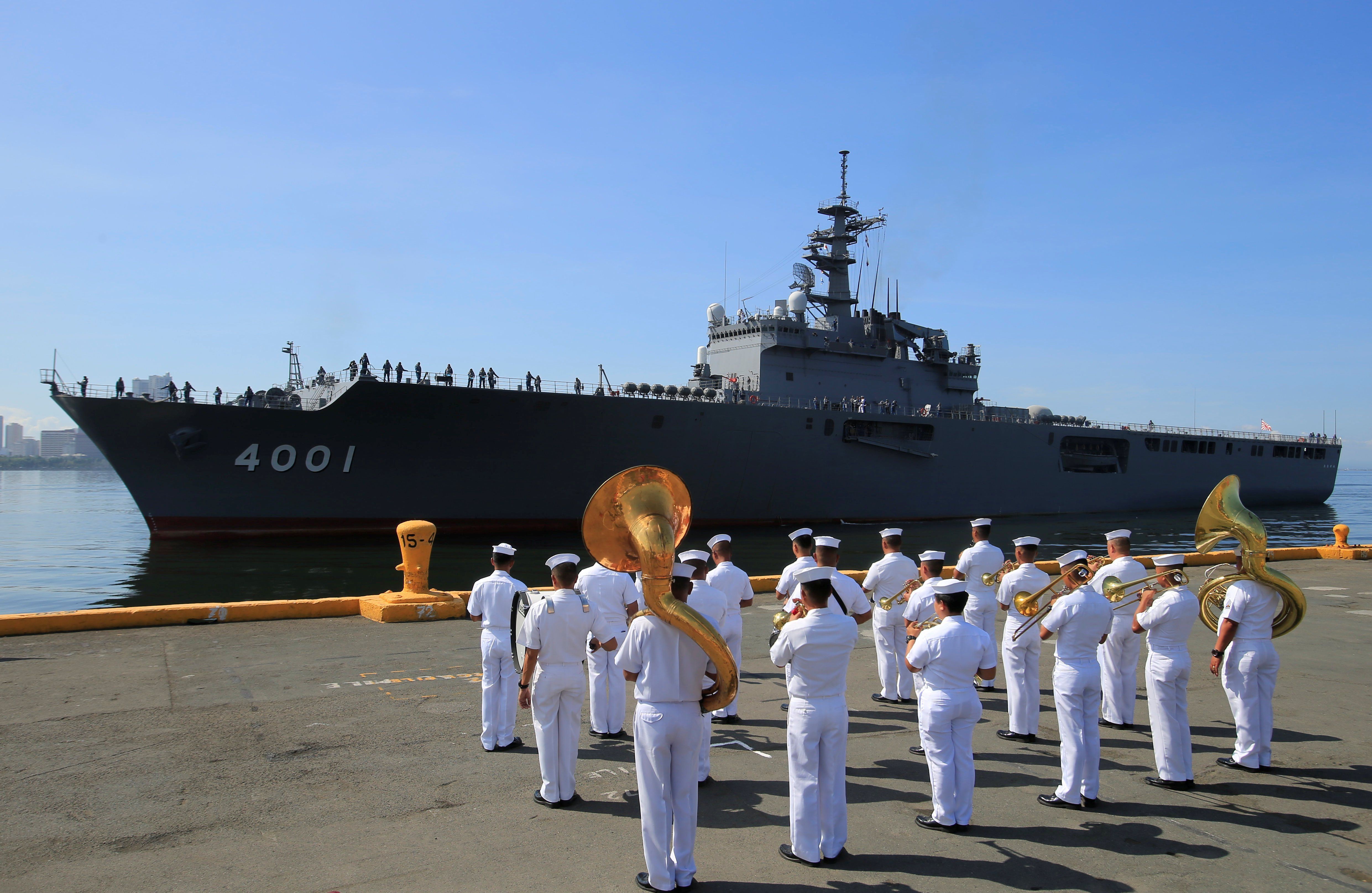Japanese Prime Minister Fumio Kishida is in Manila Friday for a summit with Philippines President Ferdinand Marcos Jr. as Tokyo attempts to draw closer to partners in Southeast Asia to hedge against China.
Tokyo already has extensive economic and diplomatic ties to the Philippines, and has strategically cultivated strong relations in Southeast Asia since the late 1970s. However, during this visit, along with a stop in Malaysia this weekend, Kishida hopes to deepen military ties, opening up Japanese defense exports to both countries, and setting up cross-training programs.
Adding a military dimension is an important change for Tokyo. In the wake of World War II, instead of a collective security strategy à la NATO, the United States pursued a “hub and spoke” system in Asia. Countries like Japan, South Korea, and the Philippines were all allies of the US, but not of one another, in part to maximize US leverage but also because each country faced diverging threats. What concerned Manila in the 1950s wasn’t necessarily an issue for Tokyo.
Now there’s one problem everyone in the region cares about: the Chinese military. Tokyo is well aware it can no longer rely on technological superiority to protect itself from China — nor can Washington. What it can do is fall back on those longstanding ties and give a boost to partners in Southeast Asia, says Eurasia Group’s Japan Director David Boling.
“Kishida’s visit to the Philippines to strengthen defense cooperation is Japan’s way of reminding China of this: You may be bigger than we are, but we have more friends than you do,” he said.
